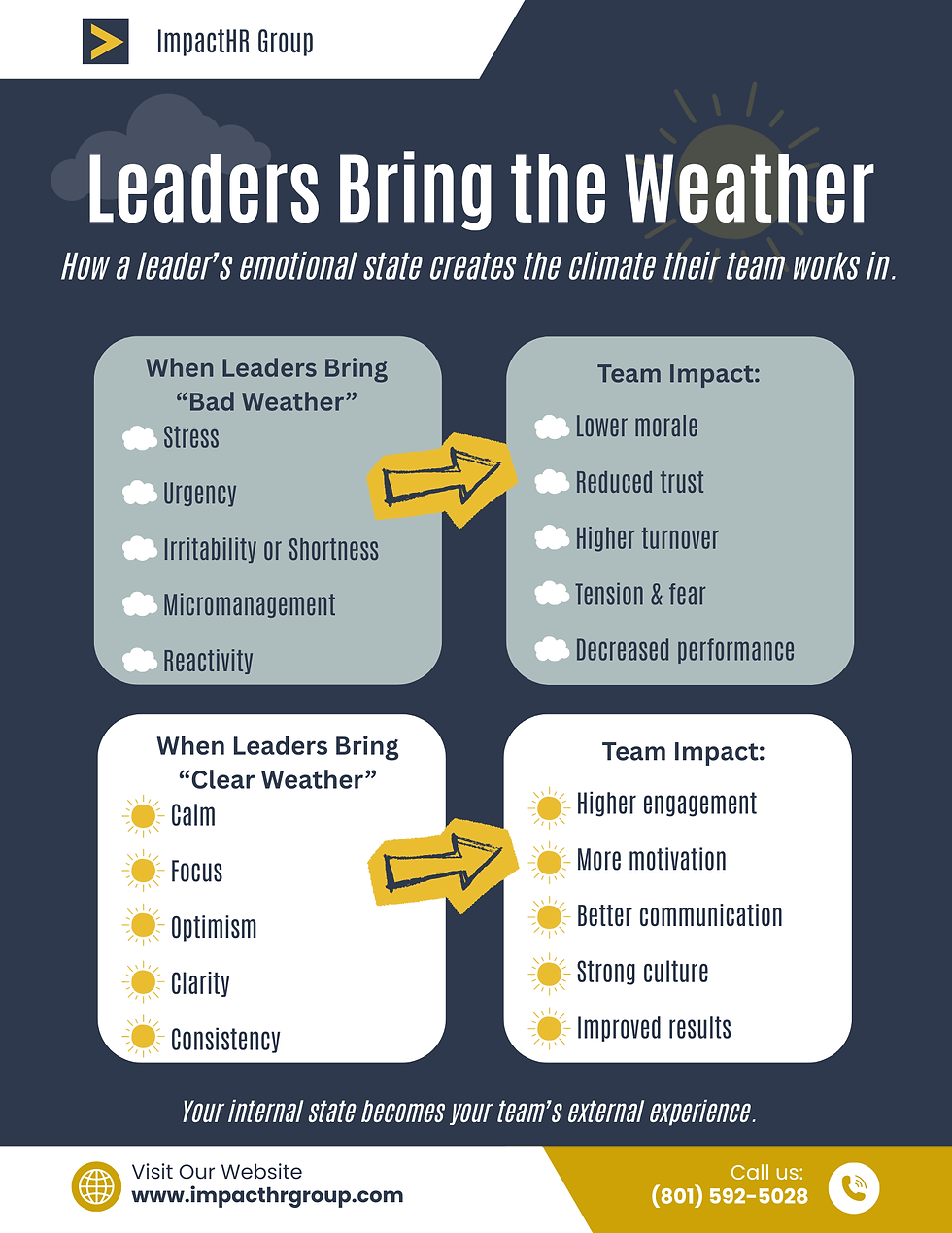Optimizing Payroll: Are You Paying the Right Amount for the Right Talent?
- Eric Dyches

- Mar 18, 2025
- 3 min read
Payroll is more than just a function of your business—it’s a strategic investment. Yet, many companies don’t take the time to analyze how effectively they’re setting wages or whether their compensation strategy is truly serving their long-term goals.
The reality? Payroll is one of the largest expenses in any organization, and failing to manage it strategically can lead to wasted resources, talent loss, and financial inefficiencies.
The True Cost of Payroll
When business leaders think about payroll, they often focus on base salaries and hourly wages. But the real cost of labor goes far beyond just what’s on an employee’s paycheck.
Key components of total compensation include:
💰 Base Pay – Salaries and hourly wages
📈 Payroll Taxes – Employer-paid FICA, unemployment, and state taxes
🏥 Employee Benefits – Health insurance, retirement contributions, and perks
🚀 Payroll Burden – Additional costs like workers’ compensation, overtime, training, and paid time off
Depending on your industry and benefits package, these additional costs can increase your total labor expenses by 20–30% or more. If you’re not regularly assessing your payroll structure, you could be leaving money on the table—or worse, losing talent to competitors who pay smarter.
Are You Paying the Right Wages?
To ensure you’re offering competitive yet sustainable pay, ask yourself these key questions:
✅ Are your pay rates benchmarked against market data?Using real-time salary data and industry trends can help you stay competitive without overpaying. If your wages are too low, you risk high turnover and struggling to attract top talent. If they’re too high, you may be overextending resources unnecessarily.
✅ Are your wages aligned with business goals?Payroll should be an investment, not just an expense. Are you structuring pay in a way that incentivizes performance, retention, and growth? Are raises and bonuses tied to measurable business outcomes?
✅ Are you losing employees to better-paying competitors?Turnover is expensive. If competitors are consistently poaching your talent, it might be time to reevaluate your compensation strategy, benefits package, or career progression opportunities.
✅ Are you overpaying in certain roles?Not every role requires top-of-the-market pay. By analyzing wage structures across job functions, you can identify where compensation can be optimized to free up funds for more critical hires or retention strategies.
When’s the Last Time You Reviewed Your Compensation Strategy?
If your company hasn’t evaluated pay structures recently, you could be:
❌ Paying more than necessary in certain roles, limiting resources elsewhere.
❌ Undervaluing key employees, increasing the risk of turnover.
❌ Failing to account for payroll burden, leading to budget surprises.
❌ Making compensation decisions reactively, instead of using market data and strategic planning.
The Solution: Data-Driven Payroll Management
A proactive approach to payroll involves regular benchmarking, strategic pay structures, and alignment with long-term business goals. Companies that optimize their payroll strategy see lower turnover, higher employee satisfaction, and better financial control.
At ImpactHR, we specialize in compensation analysis and payroll strategy. Our experts can help you:
🔹 Assess market trends and ensure your wages are competitive.
🔹 Identify inefficiencies in payroll spending.
🔹 Develop a structured compensation plan that aligns with business objectives.
🔹 Improve retention with strategic pay adjustments.
Are You Making the Most of Your Payroll Budget? Let’s Talk.
A small change in how you set wages can have a big impact on your bottom line. If you’re ready to take a closer look at your payroll strategy, we’re here to help.
📞 Contact us at (801) 592-5028 or email impact@impacthrgroup.com for a payroll and compensation review.
👉 Visit www.impacthrgroup.com for HR solutions customized for your business.



Comments